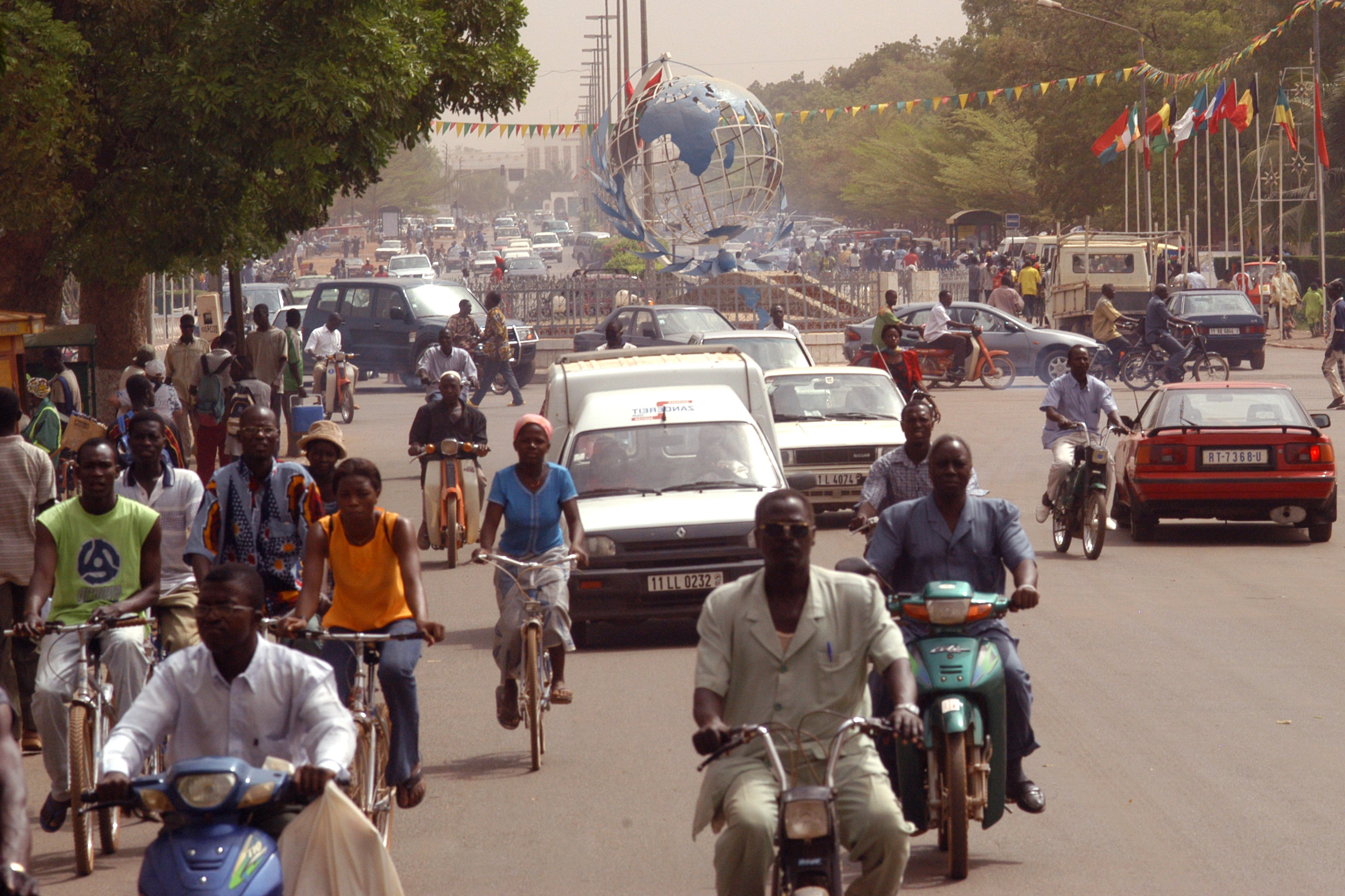On Sunday January 23, residents of Ouagadougou woke to the rumbling sound of gunfire in several military barracks of the capital of Burkina Faso. The day before, citizens had taken to the streets to express their discontentment with the government of the social democrat President Roch Marc Christian Kaboré. Confusion still reigned while people were attending Sunday morning’s Church ceremony, but gradually news trickled in that mutinying soldiers had taken up arms to decry the impoverished state of the national army.
The Defence Minister soon appeared on national TV to reassure the nation that the situation was under control but, all the same, called upon the country’s armed forces to remain “republican”. The President himself remained silent apart from a tweet at the end of the day wishing Burkina’s football team the best of luck against Gabon in that evening’s match.
Constitution suspended
In the midst of the night, shooting broke out between the gendarmerie, apparently loyal to the government, and elements of the army. The President was escorted by gendarmes early Monday morning and when the army occupied the national broadcasting agency, it became evident that a coup was in the making. The rest of the day was clouded in suspense as negotiations were supposedly taking place between the President’s backers and his rivals. At six-thirty in the evening, citizens rushed to their TVs to hear the following words, spoken by the new powerholders: “Peuple du Burkina Faso, the events of today usher in a new era for our country. The Constitution has been suspended. The Government and the National Assembly have been dissolved.”
Population longs for peace and stability
Some Burkinabe citizens reacted with consternation and disapproval. Others rushed to the streets in a jubilant show of support for the new regime. But above all, the population is fatigued by political showdowns and longs for peace and stability. For the last five years, citizens in Burkina Faso’s northern and eastern regions have been regular victims of terrorist attacks by jihadists groups linked to Al-Qaeda and Islamic State. The daily grind of violence continues unabated since the outbreak of conflict in Mali in 2012, from where it has since spread throughout the Sahel region.
Civilians’ outrage against their governments is mounting as underequipped armies appear as symptoms of political corruption and the diversion of state resources. In Burkina, the straw that broke the camel’s back was a recent massacre last November at a military garrison in the northern town of Inata, where jihadists fighters brutally killed over fifty gendarmes. It soon turned out officers had been begging for reinforcements weeks before the attack. Lacking food supplies had even forced them to use the little ammunition they had to hunt wild animals to avoid starvation.
Damiba follows the dictator’s playbook
The junta that now rules Burkina, known as the Mouvement Patriotique pour la Sauvegarde et la Restauration (MPSR), under the leadership of Lieutenant-Colonel Paul Henri Damiba, followed the dictator’s playbook, promising “a roadmap to the return of constitutional order”. Recent events in neighbouring Mali remind people that this might well be hollow discourse.
The Malian army which seized power through a coup in May last year recently announced the transition to democracy would be postponed for another five years. ECOWAS, the regional bloc of West African states, reacted with heavy sanctions. As Burkina enters a time of political uncertainty, hopes are that citizens won’t have to pay the price for the military’s power-grab.
PAX working with civilians to resolve conflict and radicalization
PAX stands with the citizens of Burkina Faso that demand respect for the principles of democracy and the rule of law. We work with grassroot civil society organizations in various parts of the country to mobilize civilians in resolving causes of conflict and radicalization. Together with Amnesty International Netherlands and their network of human rights monitors on the ground, we aim to bring to light cases of abuses and violations of civilians’ fundamental rights.




